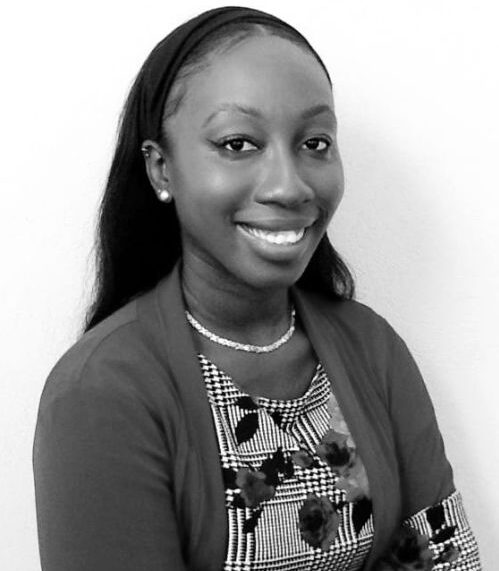Rum and Sargassum is ready to scale up.
The Barbados-based start-up is a spin-off from research results generated in the Renewable Energy Development Laboratory of the Department of Computer Science, Mathematics & Physics in the Faculty of Science and Technology at The University of the West Indies (UWI) Cave Hill Campus, Barbados.
The company uses low-cost, locally sourced inputs such as rum distillery wastewater, Sargassum seaweed and Barbados Blackbelly sheep manure to produce affordable, fossil fuel-free compressed natural gas, called Bio-CNG.
A new collaboration between UWI members and the University of San Diego (USD) could extend the startup’s success far beyond Barbados’ borders.
“Barbados has a goal to become fossil-fuel free by 2030. Our Bio-CNG is an inexpensive solution that can help Barbadians slash their gas bill by 50 per cent. Over the lifetime of this solution, 103,000 metric tons of CO₂ emissions will be removed every year from the atmosphere by cars in Barbados driving on sargassum Bio-CNG instead of gasoline,” said Dr. Legena Henry, a Lecturer in Renewable Energy at UWI Cave Hill, and CEO of Rum and Sargassum Inc.
“We hope to replicate our successful deployment in Barbados throughout all the territories of the Caribbean Sea. And we’re confident that the product can help reduce CO2 emissions anywhere in the world, including San Diego,” she added.
Dr. Henry is now spearheading the efforts to develop a viable, environmentally friendly alternative to gasoline in San Diego, California.
Working with Henry is Shamika Spencer, her MPhil student, who is in the process of upgrading to PhD in Environmental Studies at UWI Cave Hill. Henry and Spencer are collaborating with the the College of Arts and Sciences’ Department of Environmental and Ocean Sciences and the Shiley-Marcos School of Engineering at USD. Spencer is working with USD students to begin experiments that will adapt the Rum and Sargassum Inc. methods to the San Diego context, for example replacing rum with beer and replacing Sargassum algae with kelp.
The cross-campus collaboration was possible through an Engineering Exchange for Social Justice program.
“Since I’ve come to USD, I had to administer Biosafety training to the four undergraduate engineering students I’m working with. After this, I demonstrated the procedures to them of constructing the digesters, preparing the substrates for anaerobic digestion and also the technique for taking the biomethane readings by scrubbing the gas produced with a solution. We’re currently wrapping up data collection and will begin to compare the results from these experiments with those of the experiments I’ve conducted in Barbados so far,” Spencer said.
The USD cross-campus project includes faculty members from the Shiley-Marcos School of Engineering, Associate Professor Odesma Dalrymple, PhD and Assistant Professor Marissa Forbes, PhD, and from the College of Arts and Sciences’ Department of Environmental and Ocean Sciences, Professor Drew Talley, PhD.
“Shamika’s presence here at USD forges and strengthens collaborations across campus and internationally, helps us to investigate technological solutions to urgent climate crises and provides our undergrads with a wonderful near-peer mentor and role model,” said Dr. Dalrymple.
Drs. Dalrymple, Forbes, and Talley are the co-creators and co-leaders of the Water Justice Exchange, a cross-campus, inter-community initiative fostering synergistic research, teaching and solutions for water challenges in the San Diego/Tijuana region, which is helping support this effort.
More on the USD collaboration here.


